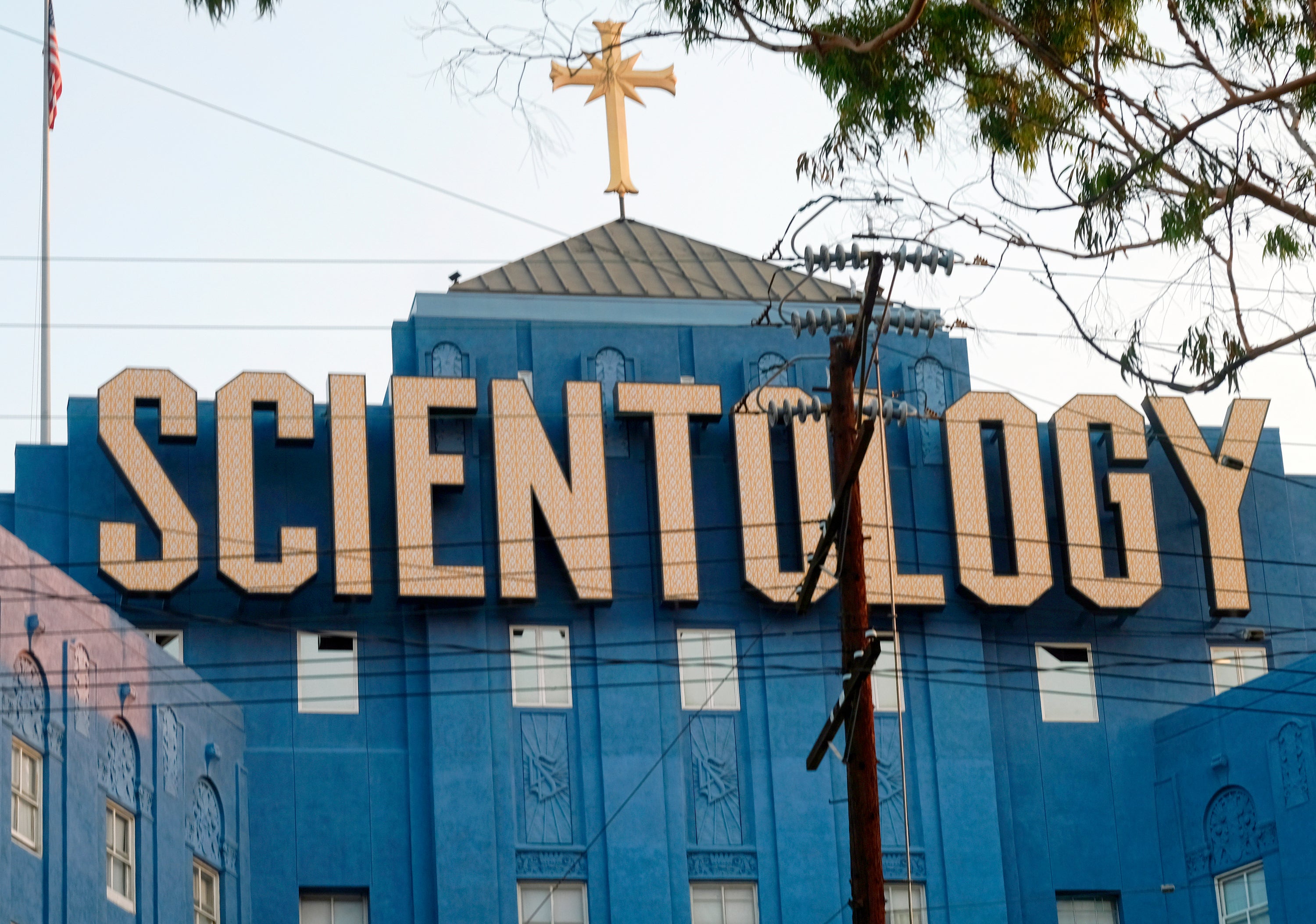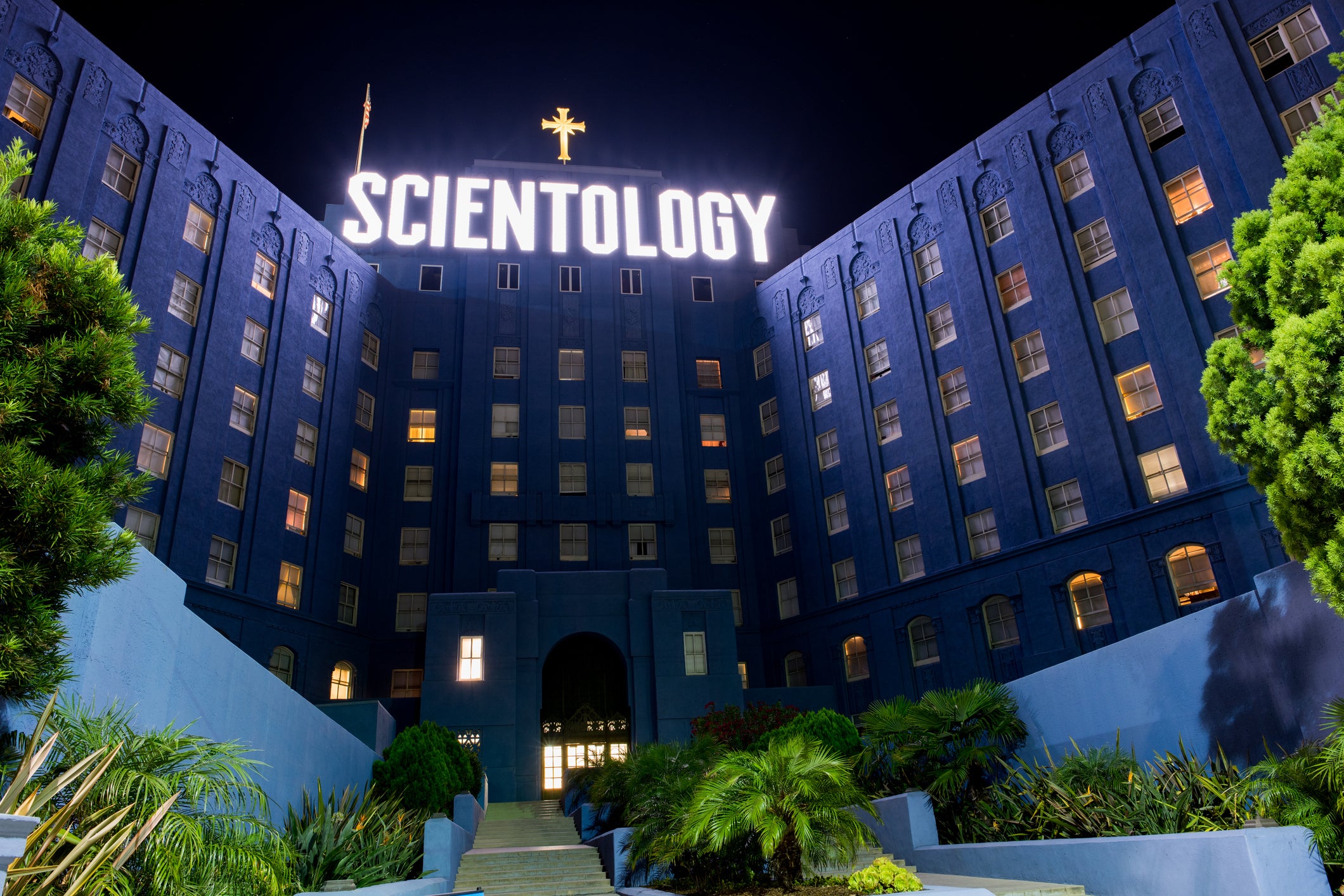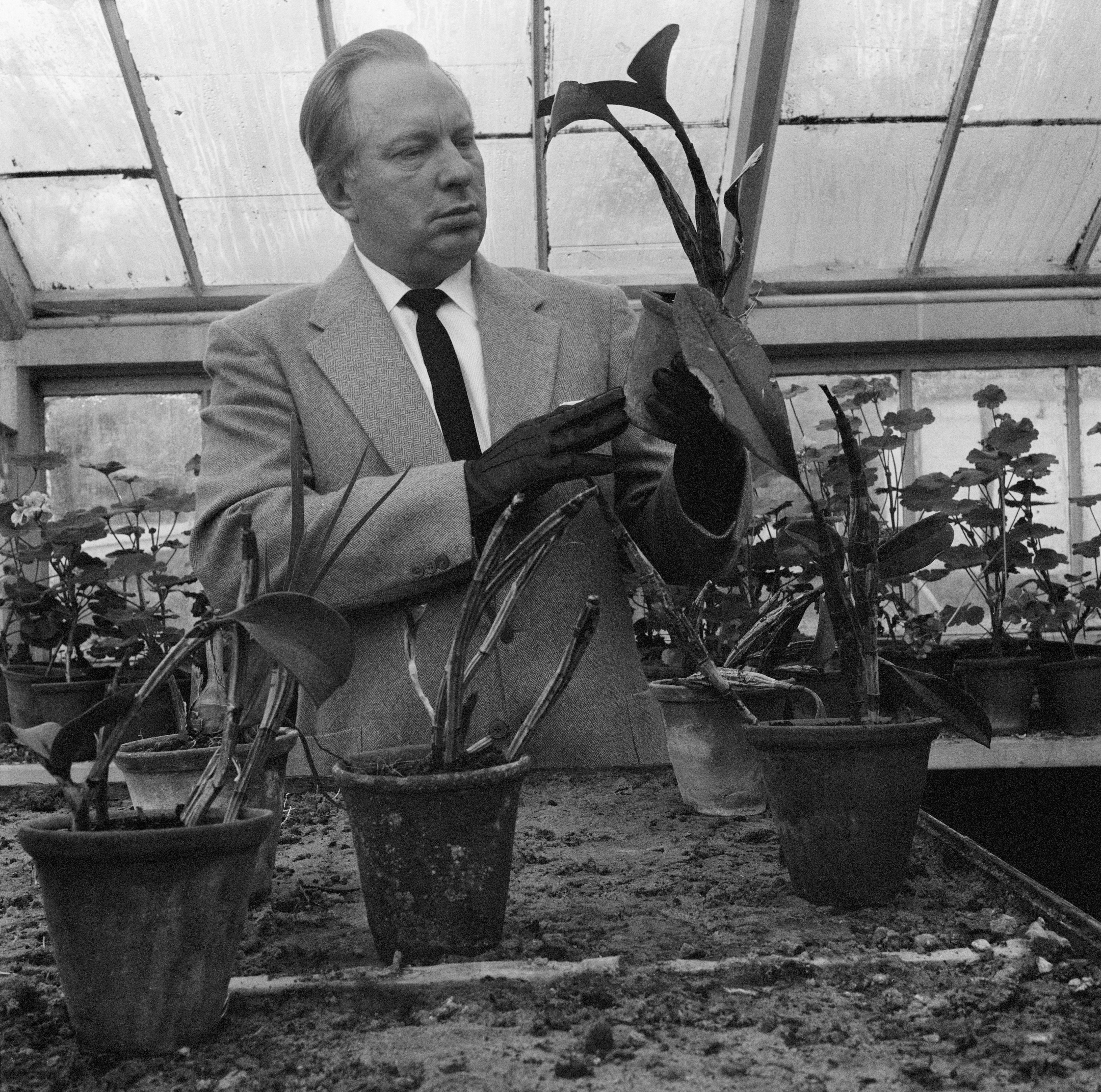Scientology-linked drug rehab listed on NHS ‘traumatised’ vulnerable people
Former patients criticise Scientology-rooted methods used at East Sussex facility whose treatment programme is not regulated by the health watchdog

Your support helps us to tell the story
From reproductive rights to climate change to Big Tech, The Independent is on the ground when the story is developing. Whether it's investigating the financials of Elon Musk's pro-Trump PAC or producing our latest documentary, 'The A Word', which shines a light on the American women fighting for reproductive rights, we know how important it is to parse out the facts from the messaging.
At such a critical moment in US history, we need reporters on the ground. Your donation allows us to keep sending journalists to speak to both sides of the story.
The Independent is trusted by Americans across the entire political spectrum. And unlike many other quality news outlets, we choose not to lock Americans out of our reporting and analysis with paywalls. We believe quality journalism should be available to everyone, paid for by those who can afford it.
Your support makes all the difference.A drug rehab centre linked to the Church of Scientology and listed on the NHS website allegedly left vulnerable people traumatised and “broken” by psychological exercises akin to “obedience training”, former staff members and patients have reportedly claimed.
Narconon was established in the United States in the 1960s and is based on the research and writings of L Ron Hubbard, the controversial founder of Scientology, who Narconon describes as “among the most beloved humanitarians in the last hundred years”.
Promising to get people “drug free for good”, Narconon puts those who opt to pay a reported £15,000 to stay at their facility in rural East Sussex through four steps – drug-free withdrawal, “new life detoxification”, “the objectives”, and “life skills”.
Despite the Care Quality Commission (CQC) having inspected only the charity’s facilities – in 2016 – and not its treatment programme, Narconon displays the watchdog’s “Good” rating on its website, which former patients said had reassured them that the clinic was being actively monitored.
But The Observer reports that although records released under freedom of information laws show that 19 complaints have been lodged about the facility, just four have been investigated by the CQC. The paper was told by the watchdog that Narconon falls outside its remit because the approach is “alternative” and does not involve medication.
The CQC reportedly said Narconon was not known to be providing any regulated activities and had been considered dormant since 2019.
But an investigation by the newspaper has uncovered disturbing criticisms by former staff and patients, one of whom said that Narconon’s treament left their mind “shattered into a million pieces”, with another – who said they later suffered a psychotic episode – alleging that “they prey on people at their most vulnerable”.
The first stage sees people undergo a drug-free withdrawal, which can be dangerous.

In the next phase, they undergo a weeks-long “new life detoxification”, in which they run and sweat in saunas in an attempt to rid the body of so-called “drug residues”, which Hubbard claimed remain in the human body long after drug use and create a “biochemical barrier to spiritual well-being”. This is disputed by scientists.
Participants also take a cocktail of vitamins. As reported by The Observer, the Scientology founder’s book Clear Body, Clear Mind recommends taking niacin in doses of up to 333 times the recommended daily amount. According to the NHS, taking high doses of niacin for long periods can cause liver damage.
But it is the next phase of psychological drills which were central to the concerns raised by staff and participants.
In exercises Narconon says are aimed at bringing “a person out of the past and into the present time”, participants are reportedly put in pairs and required to repeatedly follow or give commands – such as touching or pointing to items, or standing up and sitting down – sometimes remaining stuck on the same phase for days.
“It was like I had been chained. I can’t leave the room. I can’t answer the questions. I can’t not do the command. I can’t make it end,” one person told the paper.
Witnesses said participants sometimes went into trance-like states, or became paranoid and distressed, with one saying: “They were clearly very unwell. I saw people yelling and screaming. Physical outbursts. Some people would laugh, others would cry.”
A former staff member said: “I would even compare it at one point to enhanced interrogation techniques. Each time you answer they ask the same question again and again until you give a different answer and they say, ‘Why did you answer differently this time?’ and then you have to come up with some revelation like, ‘ah, I just realised: my whole life has been wrong.’”

Another added: “They taught me that usually you go through these exercises until you … get to a point where you feel that your body doesn’t belong to you. You might see yourself from above.”
One patient said: “The best way to describe it is that my mind had been shattered into a million pieces. I’d lost all sense of myself. They had a duty of care to look after me but it messed me up badly. I came out worse – significantly worse – than when I went in.”
Narconon’s manager Sheila MacLean told The Observer that the drills were designed to teach the participants self-determinism, self-control and discipline, and to help them break away from destructive habits, saying: “These phases are not easy but our feedback has been hugely positive and the results speak for themselves.”
Ms MacLean said it was “deeply regrettable” that some people did “not get on with the methods the programme employs”, adding: “Even the best-run services have their critics.”
“We are running a programme for people with self-harm issues, who are seeking to break down deeply entrenched habits, which is not easy to do, and we do not pretend it is,” she said.”The vast majority of people who come through the programme really benefit from it and are very happy with the outcome.”
The final phase of the programme, dubbed “life skills”, sees participants study books based on Hubbard’s teachings, about “overcoming pps and downs in life”, “personal values” and “changing conditions in life”.
It is also claimed to involve participants writing down everything bad they had ever done, and handing this to Narconon, with one ex-staff member saying: “It’s like they’re poking around in the darkest corners of your soul.”
Financial records filed to the Charity Commission by Narconon Trust – the organisation which owns the property in East Sussex at which the clinic is based – state that its principle funding source is the Church of Scientology. In 2018 it recorded income of nearly £7.3m, mostly relating to property maintenance.
The Independent has approached Narconon and the CQC for comment.
Join our commenting forum
Join thought-provoking conversations, follow other Independent readers and see their replies
Comments